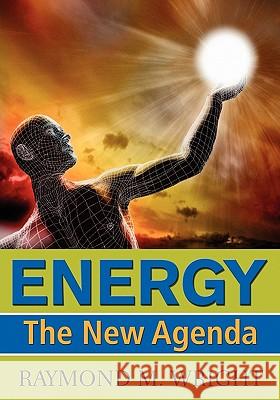Energy: The New Agenda » książka
Energy: The New Agenda
ISBN-13: 9789768217820 / Angielski / Miękka / 2010 / 290 str.
The global energy situation is reaching a crisis point in terms of sustainability. The depletion of fossil fuels (coal, oil and gas) will continue unabated considering the increasing rate of energy consumption worldwide. It is expected that global energy demand will nearly double by 2050. The new and long term energy future that we envisage will be powered by alternative energy and cleaner fossil fuels. Billions of dollars must be expended on upgrading electricity transmission networks to handle increased demand and the variable input of renewables such as wind and solar. Much of the capital financing will come from private investment, but Governments will need to continue to implement policies that foster investment by private companies in order to encourage the growth of renewables. The enormity of the challenge also means that Governments should do their part to encourage the societal and technological shift towards new and improved energy systems. As civil society and political leaders face the difficult and varied choices, they should remember that failure to act now could force society into more painful choices in the future. We can no longer afford to ignore the clarion call of the future. Instead we must plan ahead and strive toward energy sustainability and security. Despite the hurdles confronting us, the drive to create a new energy system can only be beneficial to everyone. This new and cleaner energy system will assist in reducing the rapid rise in greenhouse gas emissions that is now accepted as a contributor to global warming. Competition among energy sources will stimulate innovation, keep energy affordable and increase global energy security. That is the mission, and the New Agenda. This book deals with conventional as well as renewable energy sources, sustainable architecture, energy efficiency and climate change mitigation.











